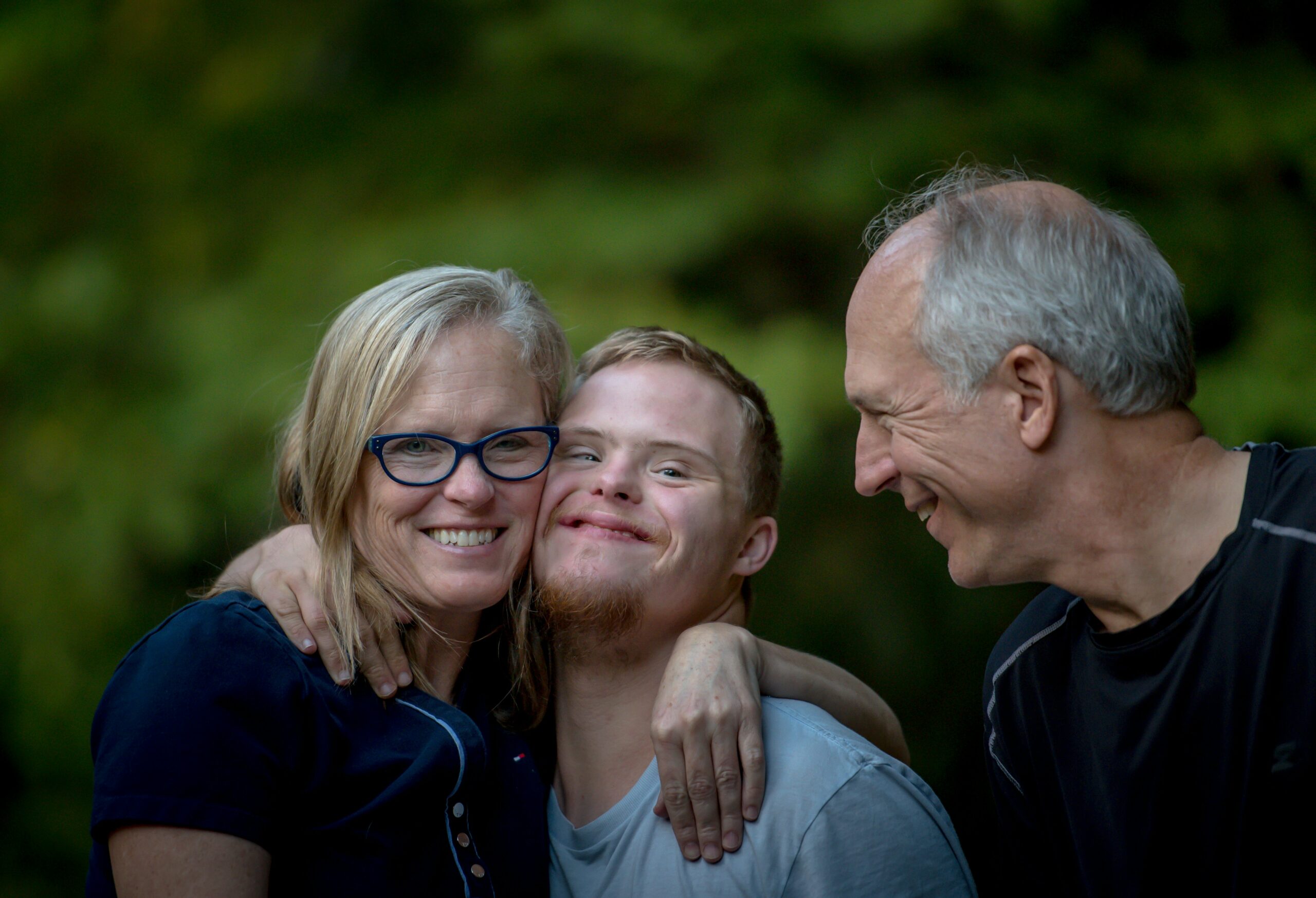Silencing the Inner Critic
KRISTINE SUNG As I stare at the computer screen, writing this blog, I hear the thoughts scroll through my brain. “What are you doing? You’re not a writer. Do you really have anything worthwhile to say? Wouldn’t it be better just to play on your phone?” This, my friends, is a glimpse of my inner critic. It can be so bossy. Critical. Impatient. It’s like a toddler. Perhaps you can relate. Scientists estimate humans have 6,000 to 60,000 thoughts per day. Many thoughts go unnoticed. Yet others we hyperfocus on. When we stop to listen to our thoughts, we don’t tend to hear a ton of ‘atta girl’ thoughts, nor do they naturally conform to truth of the gospel. Sadly, more often than we realize, our behavior marches to the beat of their drum. A Look at Psalm 103 Thankfully, this is not a modern problem. In the Psalms, David often reveals how he deals with his own inner critic. Take a look at Psalm 103. As you begin to read the psalm, you see right away David giving instruction to his own inner critic, which he refers to as “his soul.” He tells himself to “Bless the Lord, O my soul” and “not to forget all his benefits.” We don’t know what David was struggling with when he wrote these words. But when he tells himself not to forget, it is likely he is doing just that, forgetting. I know my toddler-like inner critic is often forgetful. While I know that I am not and will never be perfect, nor is there any hope in me to save myself, my inner thoughts easily forget that. And it doesn’t want to think about God and His benefits; rather, it often focuses on unrealistic expectations of myself. And it is quick to point out how often I don’t meet those expectations...










